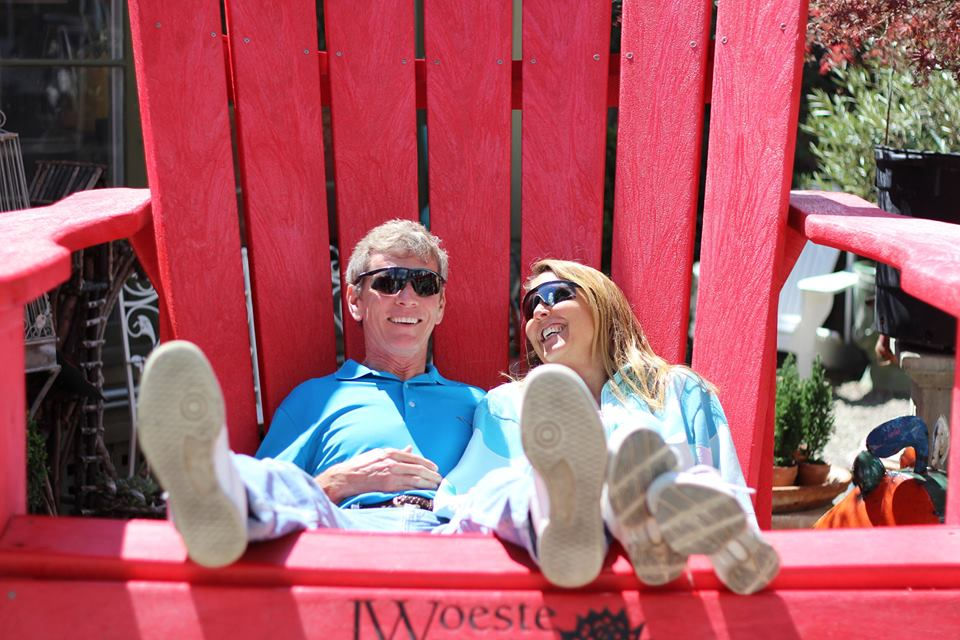Musings on Reaching 50 Years with Diabetes
- Sheri Colberg, PhD
- Dec 28, 2017
- 2 min read

In a break from my usual postings, this one is a stream of consciousness diatribe on my person experiences. Please indulge my musings since I'm nearing the half-century mark of living (well) with type 1 diabetes.
I got diabetes back in the Dark Ages (1968) of its treatment. The only feedback I had on my blood glucose levels was testing my urine, which was several hours behind my actual levels and no reflection on my immediate levels. I never had a number to go with a bright orange (4+) reading of my urine--meaning that I was at the high end of the scale for glucose in my urine--but it did give me a lot of negative reinforcement. It told me that I was "bad" or "not in control" or an unlovable kid--or something along those lines. In other words, it was worthless and only made me feel bad about myself and my diabetes as I grew older. I was convinced that I was going to die from diabetes complications before graduating from high school.
Getting a blood glucose meter when I was in my early 20's--after 18 years of diabetes without there being any to measure it--was both eye-opening and terrifying. I actually had to go through the emotional stages of dealing with a chronic disease. I realized that I had likely been running in the 200s most of the time (despite taking my insulin as prescribed and following a "diabetes diet"). No more head in the sand! I had diabetes for good and had to deal emotionally with having it. Getting it as young as I did (age of four) and then not having the tools to manage it had effectively allowed me to avoid all of that before.
Once I got a meter, I religiously kept a log of everything affecting me and my blood glucose--food, insulin dosing, exercise, stress, lack of sleep--until I had a handle on how my body reacted to almost everything. In fact, I wrote down everything for over 25 years! Doing that, along with getting a PhD in exercise physiology and teaching nutrition for 19 years at the college level, gave me a greater understanding of how complex our bodily systems are when it comes to keeping blood glucose levels at optimal levels using suboptimal methods (insulin delivery through the skin instead of from the pancreas being the worst barrier of them all). Many of these methodological shortcomings of managing type 1 diabetes are still in play today.
I look forward to meeting the milestone of living for half a century with type 1 diabetes soon and getting my 50-year medals from Joslin and Lilly for doing so. It's an accomplishment that is worth bragging about--even though I'm fine with living with diabetes at this point in my life. It would be nice to have a cure, but I'm okay with it either way. I live life to the fullest and focus on the important things in life. Because diabetes is largely responsible for teaching me to do that, having it has really been more of a blessing than anything else.
